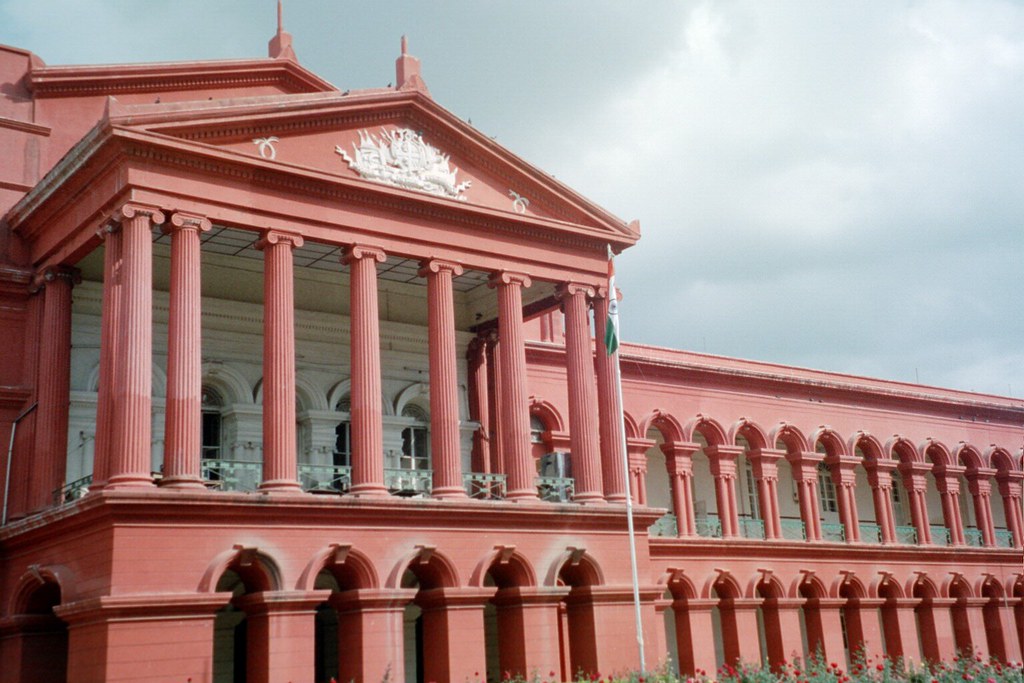Context:
Karnataka High Court upheld the state government’s ban on hookahs, considering them illegal under India’s anti-tobacco law.
More on News:
- The court questioned why the State government remained silent about the harmful effects of hookah, despite the availability of information in the public domain. Currently, there are around 800 hookah bars in the state of Karnataka.
- The Court also said that even ‘herbal’ hookah cannot be left unregulated merely because it does not contain tobacco, as it contains molasses, which is a prohibited substance under the Karnataka Prohibition Act, 1961.
- Ruling came after challenges by restaurant owners against the government’s February notification.
- Restaurant owners argue the hookah ban violates their right to conduct business under Article 19(1)(g) of the Constitution. However, the government can counter that Article 47 allows reasonable restrictions to protect public health.
- Karnataka High Court’s decision supports the government’s ban on hookahs. Upholding the ban aligns with constitutional duties to protect public health and interests.
- Clarifies the legal interpretation regarding hookah preparation as a service under COTPA regulations.
Legal Framework for Banning Harmful Substances:
- Constitutional Mandate (Article 47): The State has a duty to improve public health, potentially justifying a ban on harmful substances like ethylene oxide.
- Right to Life and Health (Article 21): This fundamental right can be invoked to support the government’s action if it protects public health.
- Balancing Act (Article 19(1)(g)): The right to carry on trade (Article 19(1)(g)) is not absolute. Reasonable restrictions can be imposed in the interest of public health, potentially upholding a ban on a harmful substance.
- Court’s Reasoning:The court would likely uphold the government’s notification based on the following reasoning:
- Article 47’s directive principle empowers the State to take measures for public health protection.
- Right to life and health (Article 21) takes precedence over unrestricted trade (Article 19(1)(g)) when public health is demonstrably at risk.
- The government’s action represents a reasonable restriction on trade to safeguard public health.
COTPA Regulations:
- Illegal Service: The court interpreted hookah preparation and smoking as a “service” under the Cigarettes and other Tobacco Products Act (COTPA).
- Rule 4(3) prohibits services in smoking areas, extending to hookah preparation which involves rendering service in designated areas.
What is COTPA Regulations:
The Cigarettes and Other Tobacco Products Act, 2003 (COTPA), is a legislation in India aimed at regulating the production, supply, and consumption of tobacco products.
Main Objectives:
- Reduce tobacco consumption and its associated health risks.
- Protect non-smokers from exposure to secondhand smoke.
Key Regulations:
- Ban on Advertising and Promotion: Prohibits all forms of tobacco advertising and promotion, including sponsorships.
- Restrictions on Sale: Bans the sale of tobacco products to minors (below 18 years) and within 100 yards of educational institutions.
- Packaging and Labeling: Mandates clear and graphic health warnings on all tobacco product packaging.
- Designated Smoking Areas: Regulates smoking in public places, requiring designated smoking areas with specific restrictions.
Hookah Vs Cigarette
- It is believed that the hookah was invented in India during the reign of Mughal Emperor Akbar, about 500 years ago, by his Persian physician in Fatehpur Sikri.
- However, recent research suggests that hookah contains many of the same toxins as cigarettes.
- The research indicates that smoking hookah for an hour is as harmful as smoking 100 cigarettes.
- Additionally, there is a risk of spreading certain diseases when people in a group use the same mouthpiece of a hookah.
Also Read:
NABARD Introduces 2030 Climate Strategy for Boosting Green Financing

